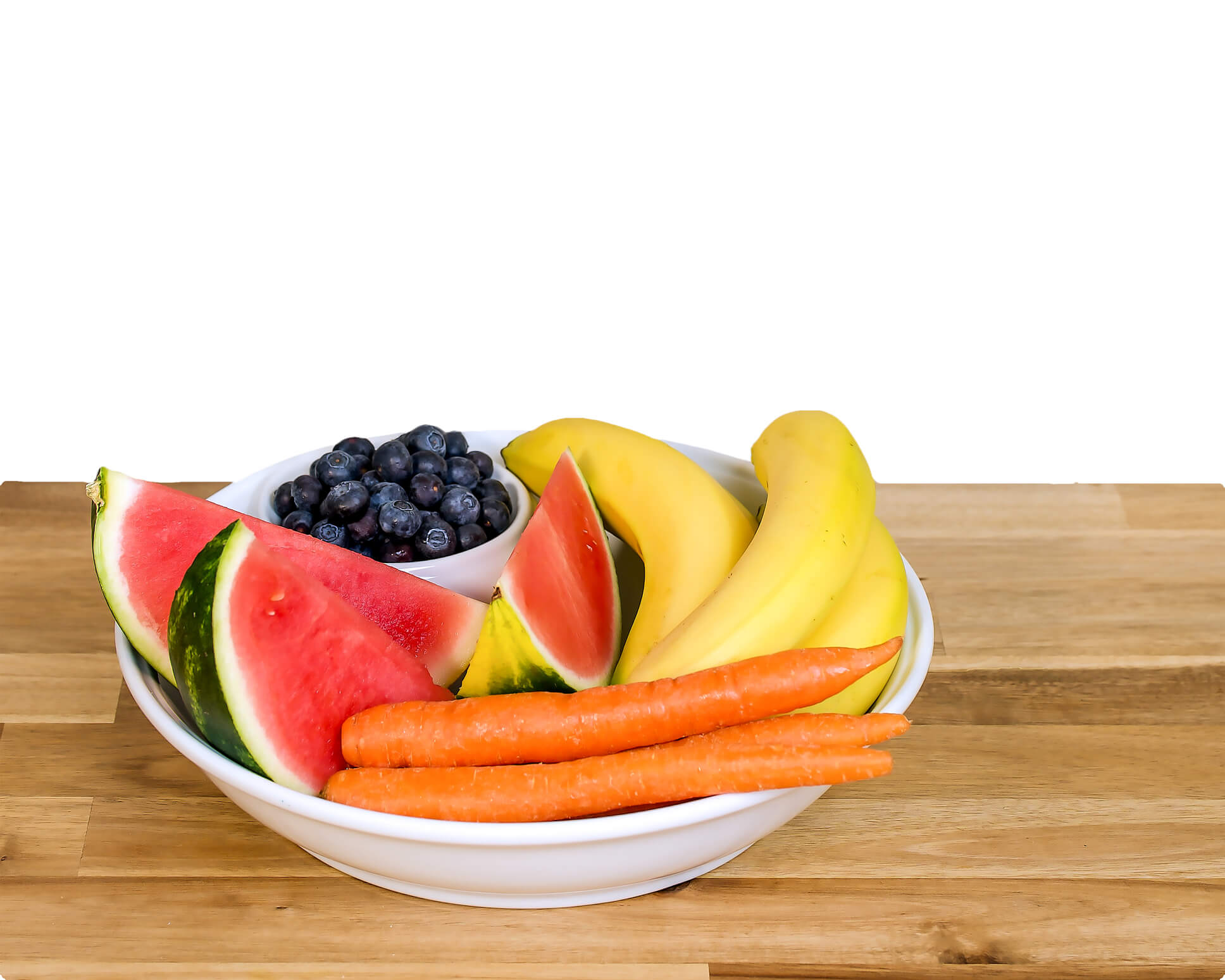
The Link Between Antioxidants and Brain Health in Dogs
Any pet parent can tell when a pup is approaching their senior years. They look a bit gray in the snout, and long hikes through the woods become increasingly difficult. But these aren’t the only signs of old age. Senior dogs might begin to act peculiar, often staring at blank walls or howling at odd hours of the night. In some cases, this could signal the onset of cognitive dysfunction syndrome.
Here’s what you should know about cognitive dysfunction syndrome and how you can preserve your dog’s brain health well into the future.
The cause of cognitive decline in dogs
Senior dogs aren’t as mentally sharp as they used to be. Dogs can’t avoid old age, and slowing down is a natural part of life. However, there’s a difference between the natural effects of old age and severe cognitive decline. Once dogs reach a certain age, some owners will notice bizarre behaviors like pacing at night, inappropriate elimination, howling and the sudden onset of aggression or separation anxiety. All these behaviors are signs of cognitive dysfunction syndrome.
Cognitive dysfunction syndrome (CDS) is the canine equivalent to Alzheimer’s disease in humans. CDS often occurs when free radicals damage brain cells. Free radicals are unstable molecules that attack structures within a cell responsible for cell growth and reproduction. Free radicals cause serious damage to the brain, leading to the behaviors mentioned above.
There are many different types of free radicals, but nearly all of them contain oxygen molecules. Damage from free radicals leads to a state called oxidative stress. This means there’s a disproportionately high level of toxins in the dog’s body. Oxidative stress increases the likelihood of developing CDS in a dog’s later years.
Senior dogs are more susceptible to CDS than younger ones because the blood-brain barrier becomes increasingly porous with age. The blood-brain barrier regulates which nutrients get delivered to brain cells. Barriers with larger gaps don’t just let in nutrients—they allow the bad stuff to pass through, including free radicals, which can lead to damage.
How antioxidants improve brain health
Antioxidants are the nutrients that will help restore homeostasis in the body. They attach to free radicals and give them an extra electron, making them more stable. Antioxidants are a necessary component of diets for senior dogs because they reduce the flow of free radicals into the brain. As a result, senior dogs on an antioxidant-rich diet are less likely to develop CDS and stay sharp well into their later years.
Antioxidants aren’t the only nutrients that play a role in brain health. Mitochondrial cofactors work within cells to reduce oxidative stress. While antioxidants neutralize free radicals already circulating in the body, mitochondrial cofactors stop free radical production in the first place. Examples of mitochondrial cofactors include alpha-lipoic acid and L-carnitine. Antioxidants and mitochondrial cofactors work together to reduce the volume of free radicals and the resulting oxidative damage in a dog’s brain.

Where to find brain-boosting nutrients
As dogs get older, they need a specialized senior diet in order to maintain proper cognitive functioning. Senior dogs can’t keep eating the kibble they ate as puppies! The best way to boost your dog’s brain health is by purchasing dog food fortified with antioxidants and mitochondrial cofactors. That way, your dog is sure to receive their daily dose of brain-boosting nutrients.
However, you shouldn’t go out and buy the first bag of senior dog kibble you find. Before making changes to your dog’s diet, a vet needs to assess their mental condition and determine whether your pup would benefit from the added nutrients. It’s important to keep in mind that the symptoms of CDS overlap with other health problems, so any other possibilities like chronic pain must be ruled out first. From there, the vet will recommend trusted brands suitable for your senior dog.
Some human foods are also safe to feed to your senior dog. For instance, blueberries are packed with antioxidants that are beneficial for dogs and humans alike. You’ll also find mitochondrial cofactors in foods like animal products, vegetables and potatoes. Again, check with your vet before feeding dogs human food. They can give you helpful recommendations that your senior pup is sure to love!
Ask your vet about incorporating a daily antioxidant supplement, as well. There are antioxidant supplements for dogs and humans, and they’re different. Make sure any supplement you give to your senior dog comes from a reputable manufacturer and is specifically designed for canines.
Nutrients that boost canine brain health can slow the progression of cognitive dysfunction syndrome. However, pet parents must learn to accept that aging is a natural part of life, and your dog isn’t the spry little pup they used to be. Take pride in the long, fulfilling life you were able to give your dog!


